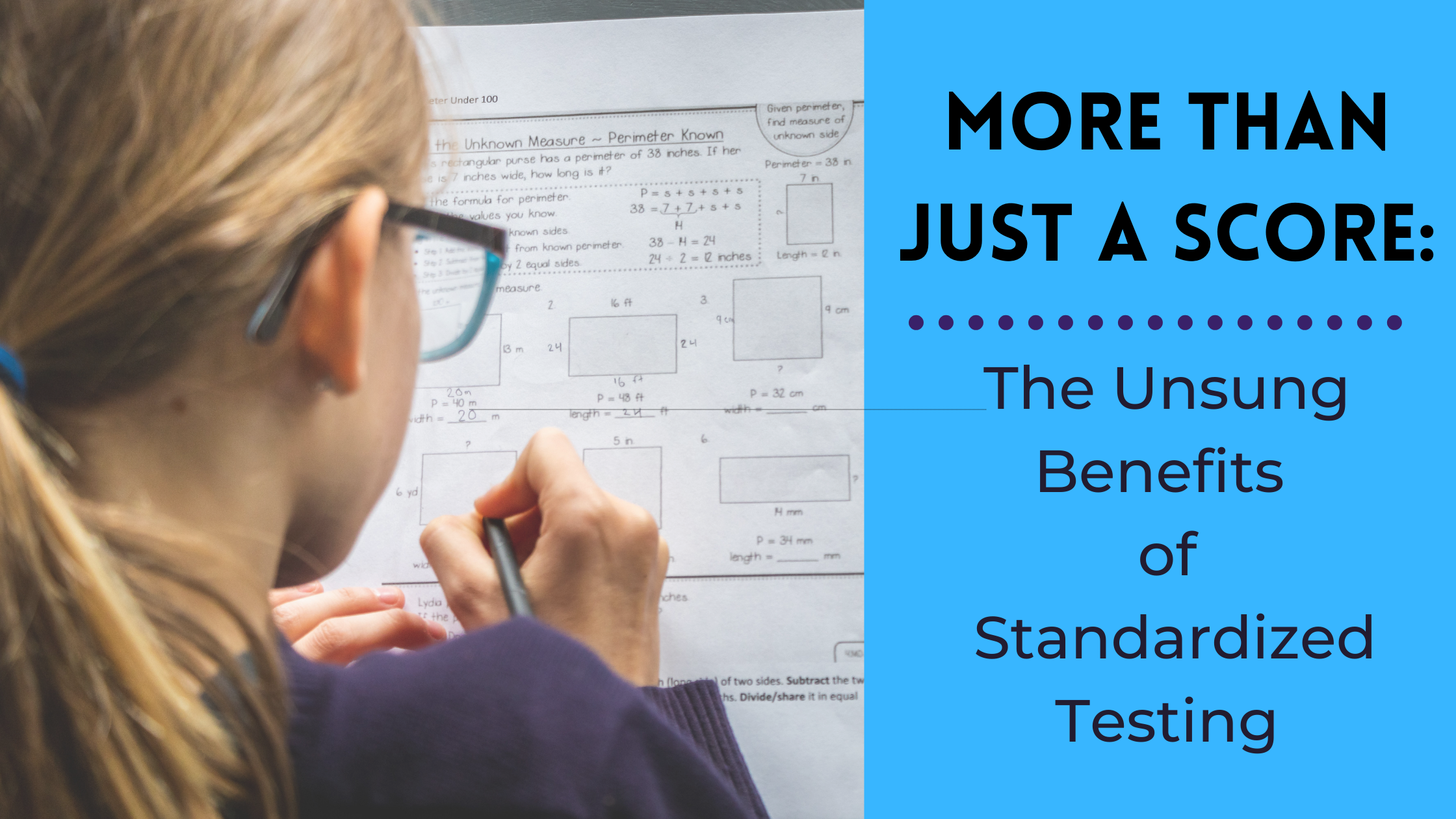More Than Just a Score: The Unsung Benefits of Standardized Testing
Originally published on May 18, 2022
Updated on December 23, 2024
Standardized tests are often seen as a necessary but unpleasant hurdle in education. Critics argue they induce stress or narrow curricula. However, these assessments provide far more than academic evaluation—they foster essential life skills, drive systemic improvements, and promote equity in education.
Let’s explore the overlooked advantages of standardized testing and why it remains a cornerstone of modern education.
Defining Standardized Tests
Standardized tests evaluate student performance using consistent procedures and scoring methods. Widely used to measure proficiency in core subjects like math, reading, and science, they provide critical benchmarks for students and educators.
Essential Skills Developed through Standardized Testing
Beyond assessment, standardized tests cultivate essential skills that extend far beyond the classroom, preparing students for academic and real-world success.
Critical Thinking and Problem-Solving
Standardized tests challenge students to think critically under timed conditions. Focusing on analysis, pattern recognition, and logical reasoning enhances problem-solving skills valuable in higher education and the workplace.
Time Management
Every question on a standardized test requires effective time management. Learning to work efficiently under pressure helps students meet deadlines in both academic and real-world settings.
Emotional Resilience
Testing challenges students to perform under pressure, fostering focus and composure in high-stress situations. It also teaches perseverance, as students often face the disappointment of needing to retest to achieve their goals. This process builds resilience, an essential quality for overcoming setbacks in academics and life.
Broader Educational Benefits
Standardized testing benefits the education system by establishing benchmarks, tracking progress, and providing insights to drive improvements.
Establishing Standards and Identifying Disparities
Standardized tests enable consistent comparisons across schools, districts, and states, ensuring equity in evaluating student performance. They also reveal strengths and weaknesses in curricula, helping educators identify what works and where improvements are needed.
Additionally, these assessments highlight achievement gaps, exposing inequities in resources and support. Armed with this data, policymakers and educators can take actionable steps to allocate resources more effectively, bridging disparities and fostering equity. Over time, test scores serve as reliable benchmarks to track measurable progress across the education system.
Tracking Progress Over Time
Standardized assessments provide measurable data to track improvements, identify areas for growth, and celebrate achievements, motivating students and educators alike.
These tests are also critical for evaluating college readiness. ACT® and SAT® scores strongly predict first-year performance, retention, and graduation rates. Colleges use these scores to assess prospective students’ preparedness and academic fit. This way, standardized testing supports individual growth while measuring long-term educational success.
Addressing Common Critiques
Critics argue that standardized testing narrows the curriculum and disadvantages underprivileged students due to disparities in access to resources like test prep. While these concerns are valid, they overlook the potential of testing to highlight achievement gaps and drive systemic improvements. Paired with holistic approaches, standardized assessments can promote equity and complement other educational methods, such as project-based learning.
A Balanced Perspective on Standardized Testing
No single tool can capture every aspect of a student’s abilities. However, when used effectively, standardized tests provide invaluable data that inform teaching strategies, guide policy decisions, and equip students with critical life skills.
Beyond the Bubble Sheet
Standardized testing is more than just a score. It’s a gateway to self-improvement, a benchmark for equity, and a foundation for lifelong skills. By embracing its benefits, we can appreciate these assessments' role in shaping well-rounded individuals prepared to meet the challenges of tomorrow.
Ready to Transform Your Test-Prep Program?
Take your test prep to the next level with Clear Choice Prep’s 100% white-label ACT® and SAT® platform!
Schedule a free demo today and explore our comprehensive suite of resources, including:
A full library of practice reading passages and questions.
Custom-branded workbooks tailored to your needs.
Cutting-edge software designed for efficiency and results.
Personalized curricular tools to empower your students for test day.
Equip your students with the confidence and skills they need to succeed.

